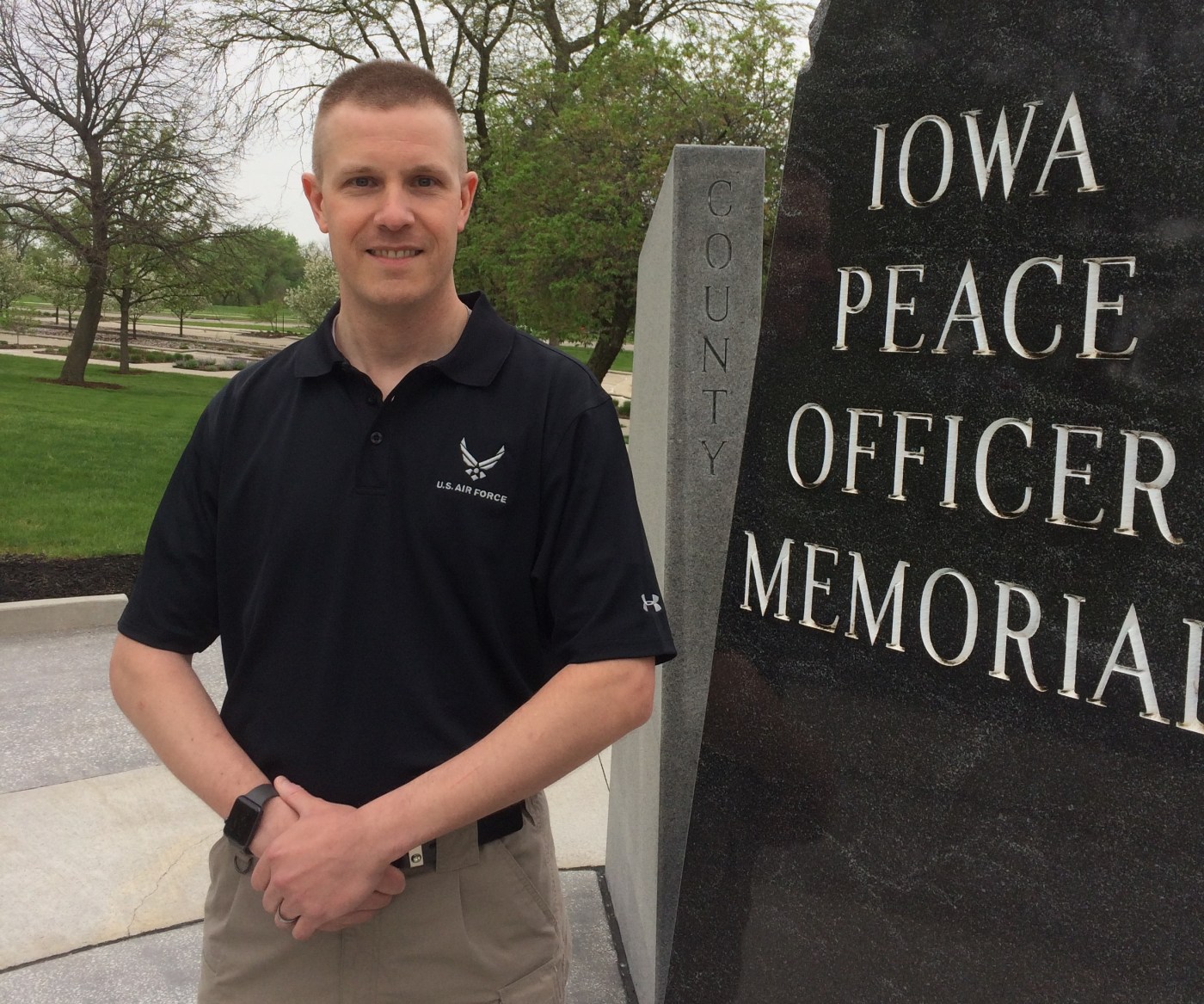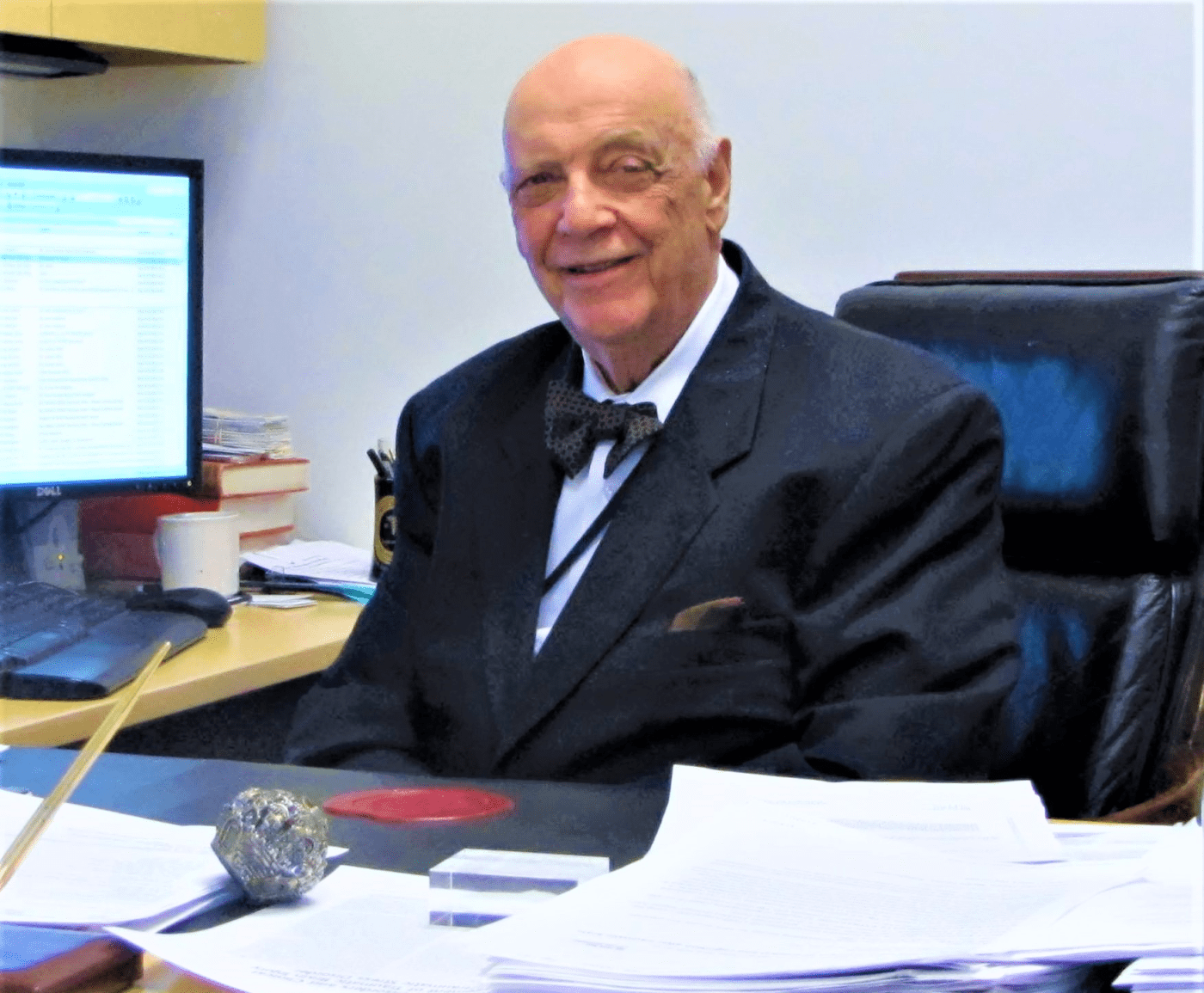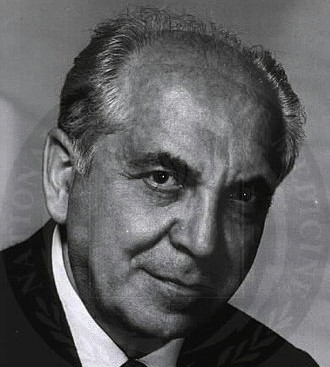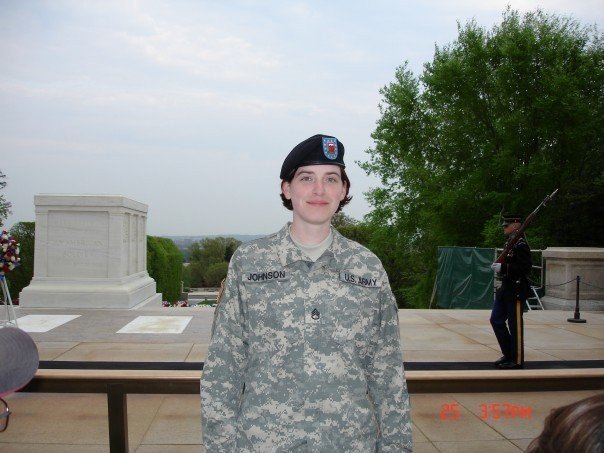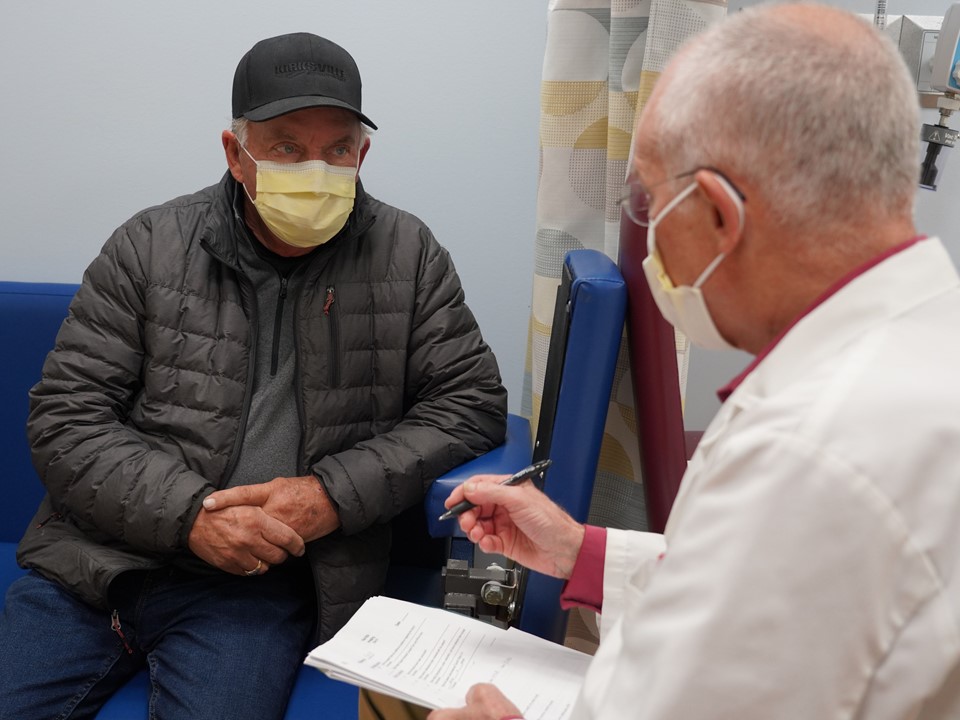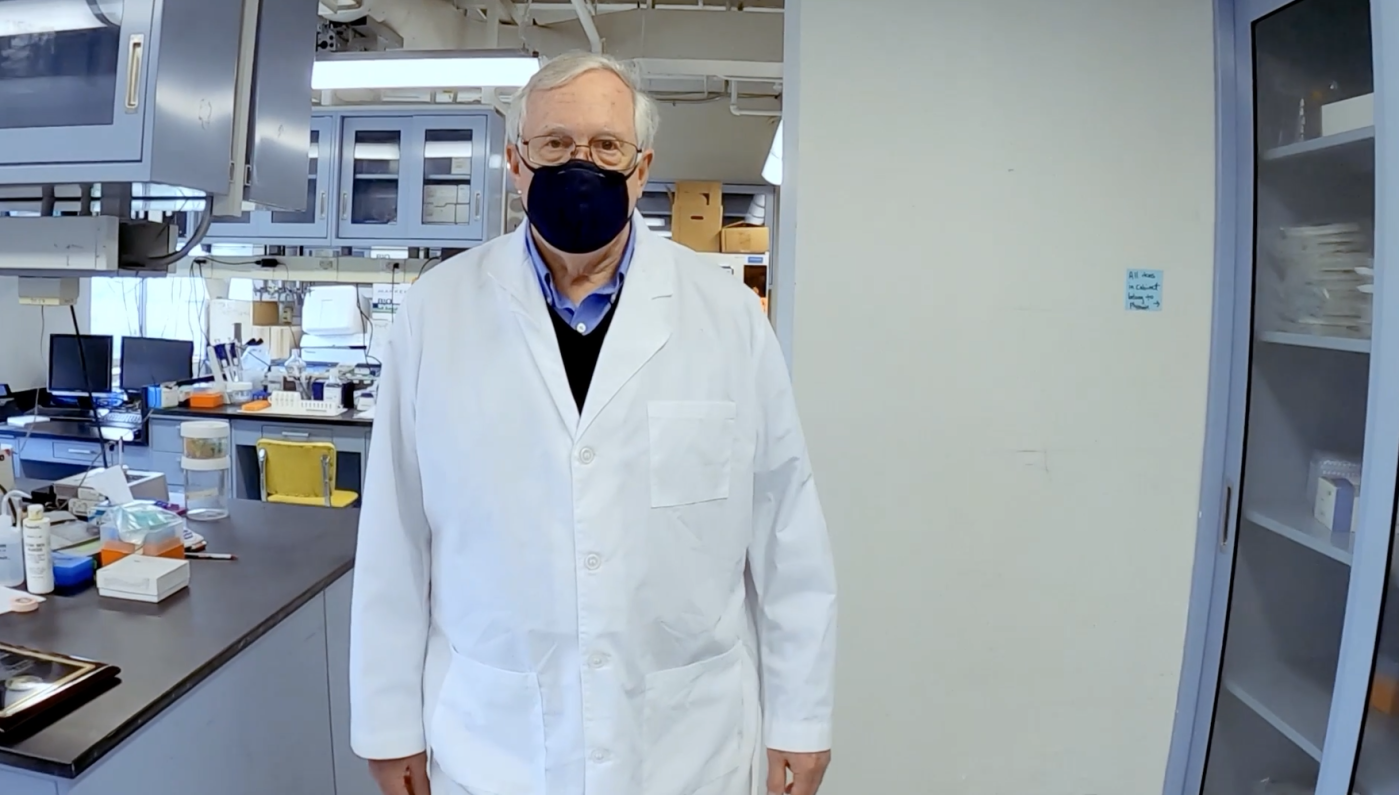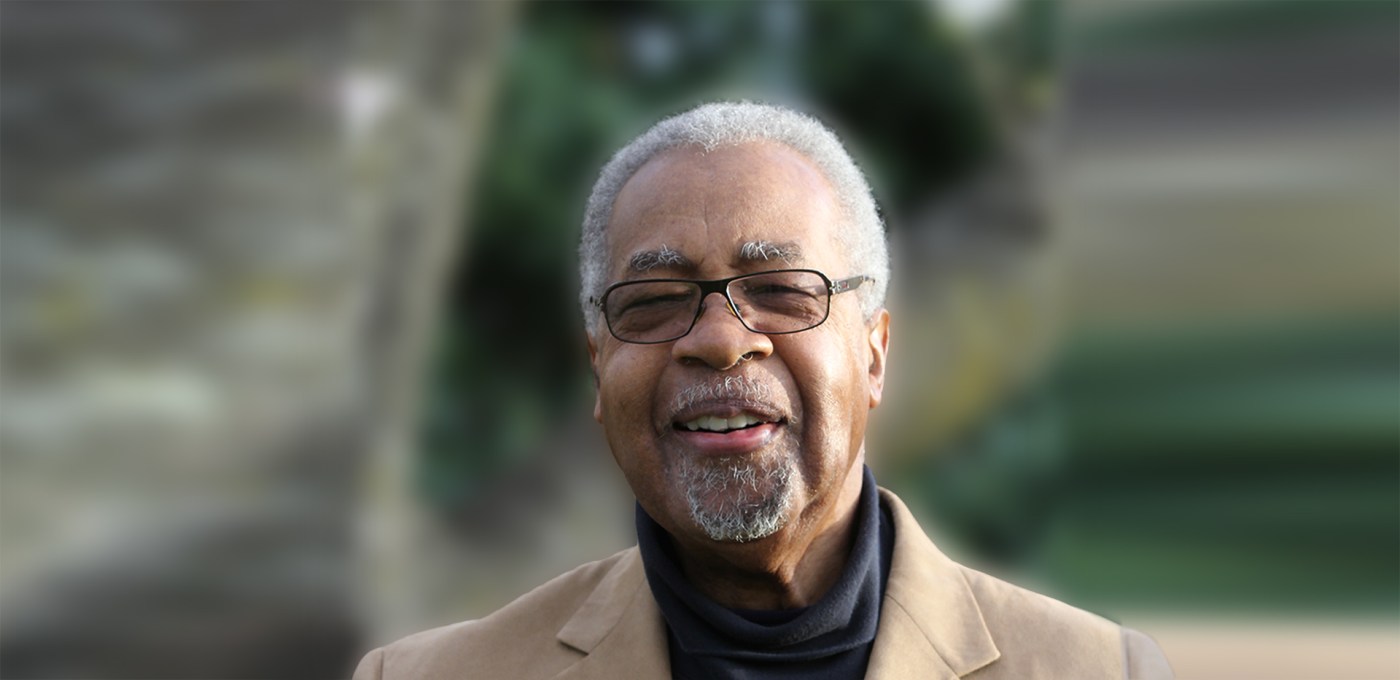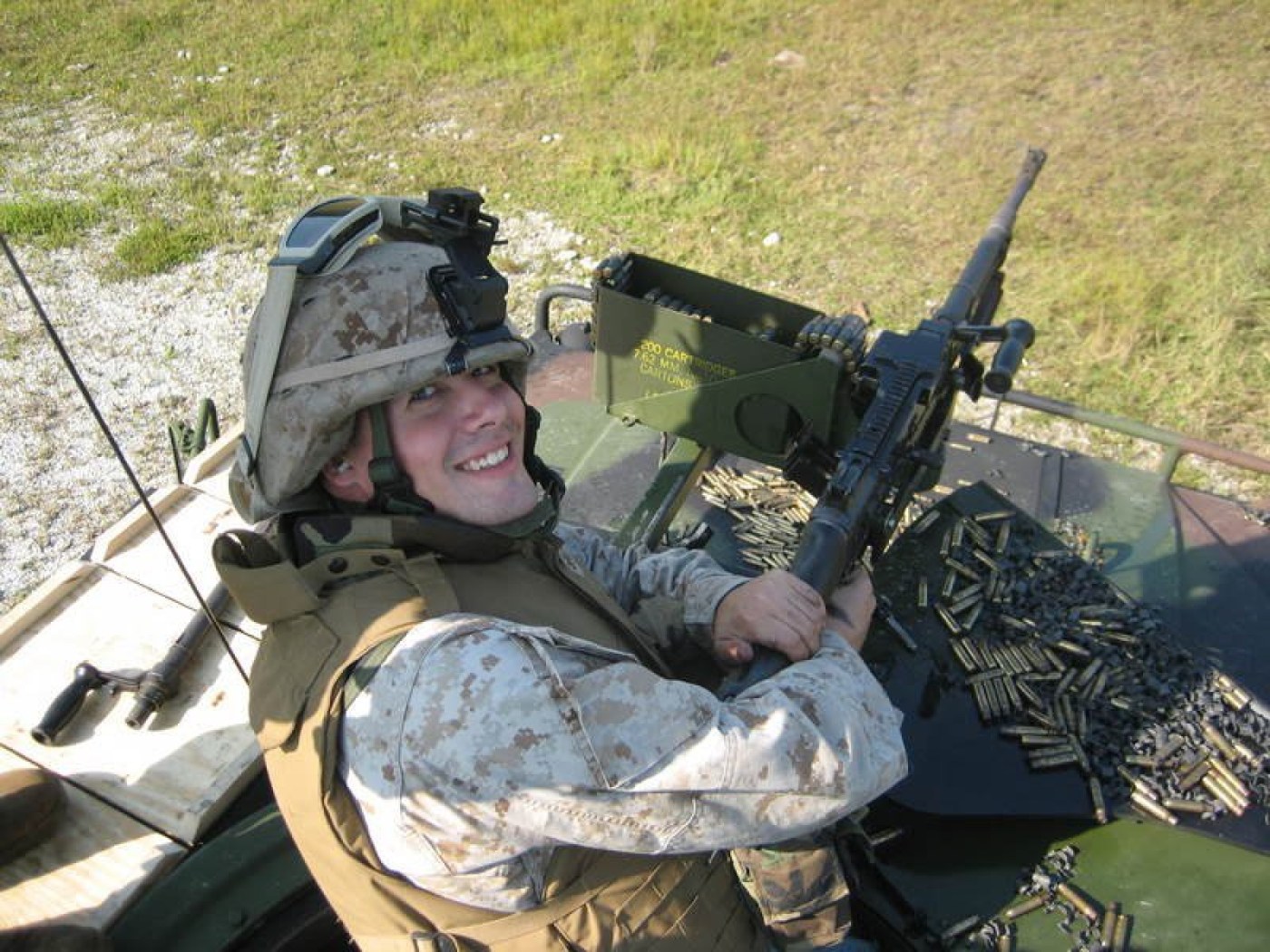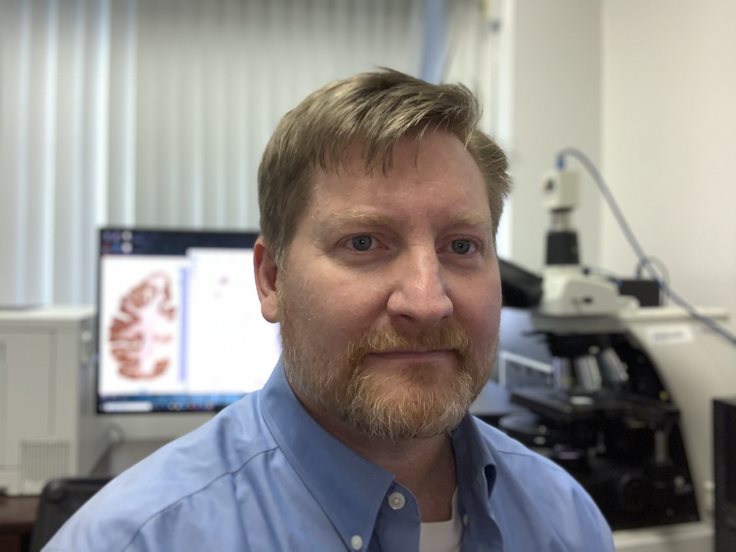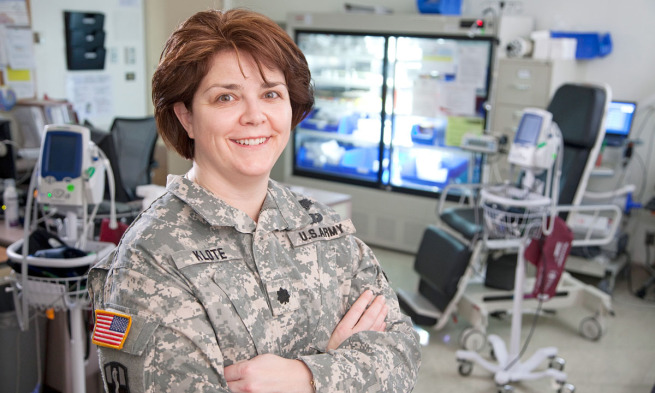Finding out what is truly important to you at your core and what you are good at are keys to success. However, this is not easy. Failure is part of that process. But once you find something that clicks, it’s an amazing feeling, and opportunities appear when you least expect them.
I have had a series of mentors over the years. Air Force Brigadier General Charles “Chuck” Yeager, the first pilot to fly faster than the speed of sound, took me on my first flight in an F100F fighter in 1958. Air Force Colonel Henry Godman, a pilot in the first full squadron to fly the B-17 Flying Fortress during World War II and later the head of Strategic Air Command, taught me to fly a propeller AC.
In 1974, Gross received the prestigious Lasker Award for his discovery of what became known as the Gross mouse leukemia virus. His work in the 1950s, the Lasker Foundation said, opened the field of tumor virology in mammals and “laid the foundation for the subsequent discovery by others of cancer-inducing viruses in animals of various species ranging from rodents to the higher primates.”
Initially, I served with the United States Army Reserve in St. Cloud, Minnesota. I was a technical engineer, which means that I learned how to do so soils testing, drafting, and surveying. (I think it’s funny that I now work on a totally different kind of survey as a researcher.)
My grandfather, Thomas Purinton, enlisted in the Navy at age 16 in 1899 and was assigned to the square-rigger USS Essex, and my Massachusetts ancestors fought in the Revolutionary War, so I was favorably disposed to military service. When I was a second-year medical student in 1971, one of my colleagues was accepted into the Medical Osteopathic Scholarship Program, which is the Department of Defense program to recruit future physicians.
I’m involved in prostate cancer basic research and new drug development. Prostate cancer is the most common non-skin cancer in Veterans. About 35,000 Veterans with prostate cancer receive treatment in the VA system.
When I reported to Walter Reed Army Medical Center in 1959, as good fortune would have it, the placement officer noticed that I had earned a master’s degree in biology and offered me the chance to work in a lab designed to conduct Army research.
Every piece of research done at HERL has the potential to improve the lives of Veterans and other people with disabilities. But the top priority is always on those who have served
Dr. Bertrand Huber, an Army Veteran, is the director of the PTSD Brain Bank at the VA Boston Healthcare System. His research focuses on the relationship between traumatic brain injury and neurodegenerative diseases, with a primary interest in how the brain clears damaged proteins after injury.
Dr. Mary (Molly) Klote, an Army Veteran, is the director of the Office of Research Protections, Policy, and Education in VA’s Office of Research and Development. Previously, as an active-duty Army colonel with 30 years of service, she oversaw all human research policy, education, and compliance for the Army through the office of the Army surgeon general.

